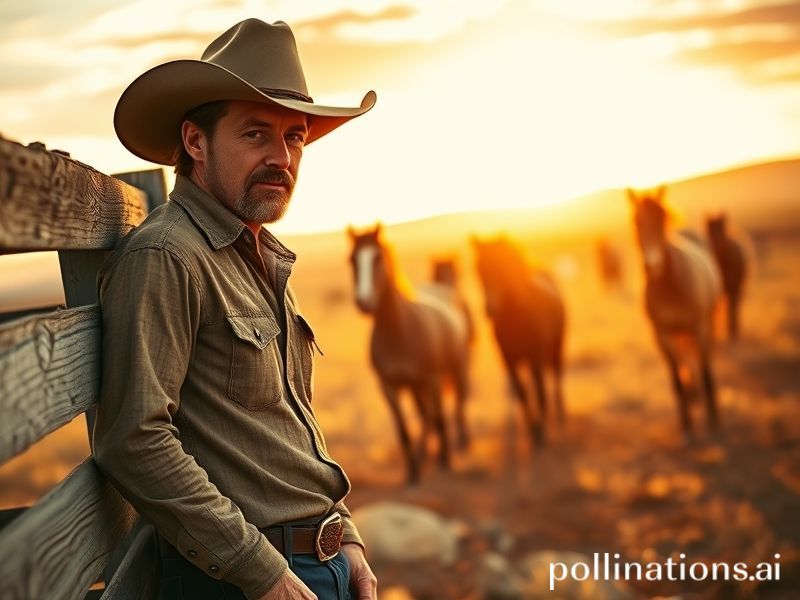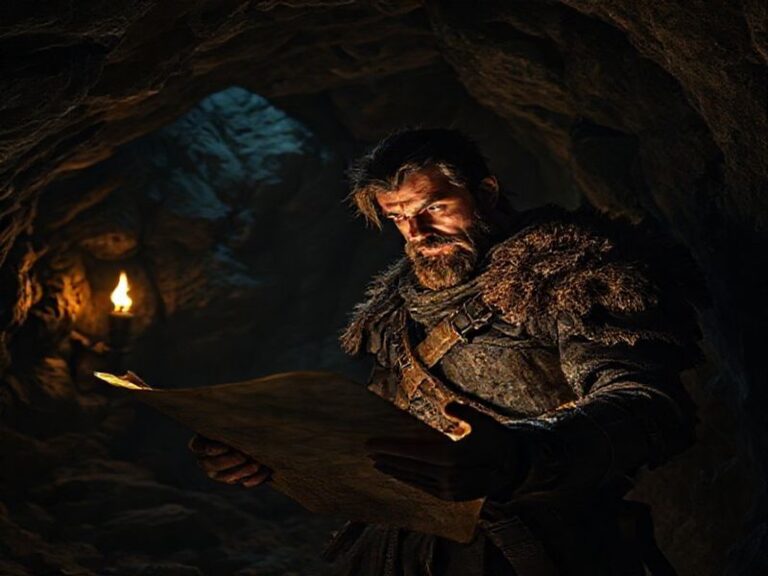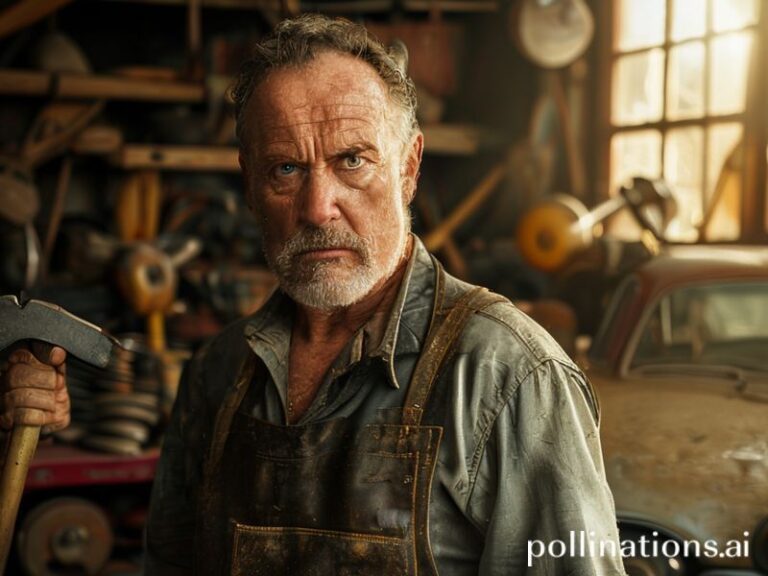How Taylor Sheridan Became the World’s Leading Exporter of Beautiful Doom
There’s a moment in every empire’s decline when it stops exporting ideology and starts exporting mood. Enter Taylor Sheridan—cowboy-booted, squint-eyed, and minting melancholy like bitcoin for the prestige-TV age. From a windswept trailer in rural Wyoming, the former bit-part actor has become the United States’ single most reliable refinery for distilled machismo and scenic despair, now shipping both by the container-load to 190 countries via Paramount+. Call it soft power with a hard stare.
The global appetite for Sheridan’s sepia-toned pessimism is, on paper, curious. Europe is busy subsidizing heat pumps and re-arming; Asia is pioneering robot dogs and social-credit naps; Africa is leap-frogging into fintech and space launches. Yet 1.2 billion minutes of Yellowstone were streamed outside the U.S. last year—more viewing time than France devoted to its own parliamentary debates, which admittedly isn’t difficult. Apparently nothing unites a fractured planet quite like watching beautiful people in expensive denim threaten each other with frontier justice against a backdrop of geysers and gentrification.
Sheridan’s alchemy is simple: take a vanishing way of life, salt it with Shakespearean grievance, wrap it in Fendi shearling, and sell it back to metropolitan viewers who think “cattle” is a crypto term. The result is a trans-cultural Rorschach test. In São Paulo boardrooms, Yellowstone is read as a cautionary tale about land concentration among the 0.1%. In Seoul, it’s a K-drama with worse weather and better horses. In Moscow, state TV has praised the show’s “healthy traditional values,” presumably because nothing says family like poisoning your brother-in-law at a branding ceremony.
The economic ripple effects are as absurd as they are undeniable. Montana’s Bitterroot Valley is now overrun with German influencers in rented Wranglers, all hoping to caption a sunset #NoFilterLikeColby. Italian fashion houses have reissued ranch jackets at €2,000 a pop, stitched, one suspects, by hands that have never touched barbed wire. Meanwhile, Argentine cattle prices tick upward because some Netflix algorithm decided South American beef is “on-brand” for the neo-Western aesthetic. Somewhere in a Davos sidebar, a consultant is billing $800 an hour to explain how “Sheridanization” can future-proof legacy brands against Gen Z nihilism.
Critics love to point out the politics: the land-grab libertarianism, the performative anti-elitism delivered via platinum streaming services. But Sheridan is too cynical to be ideological; he’s merely monetizing the world’s collective pre-post-apocalyptic mood. His scripts read like bedtime stories for nations that know they’re circling the drain but would prefer to do it on horseback, silhouetted handsomely against a dying sun. Climate anxiety? Here’s a drought-stricken ranch to project it onto. Late-stage capitalism? Meet the Duttons, a family so rich they measure net worth in counties. Border panic? Sicario and its sequels turn the Rio Grande into a moat full of moral quicksand, conveniently subtitled for global binge sessions.
International co-producers have noticed. France’s Canal+ just bankrolled Mayor of Kingstown, a grimy rust-belt opera that swaps sagebrush for snow-blown prisons. Australia’s Stan is remaking Yellowstone with dingoes and coal mines, because nothing says Down Under like toxic inheritance and wide-angle shots of existential dread. Even India’s Zee5 is developing a Himalayan cowboy saga—saffron scarves instead of Stetsons, same simmering daddy issues.
The joke, of course, is on us. Sheridan keeps writing protagonists who’d rather blow up the world than change it, and we keep hitting “next episode” like lab rats conditioned for doom-scrolling. Maybe that’s the real export: not Americana, but the comforting illusion that collapse can be photogenic, that the end times will come with a tasteful score and Emmy-nominated cinematography.
So while diplomats argue over carbon credits and semiconductor embargoes, the planet quietly agrees on one thing—nothing soothes late-imperial angst quite like watching Kevin Costner threaten bureaucrats on a ridgeline at magic hour. Taylor Sheridan hasn’t just conquered television; he’s franchised fin de siècle anxiety for a global market that can’t look away. Giddyup, apocalypse.







